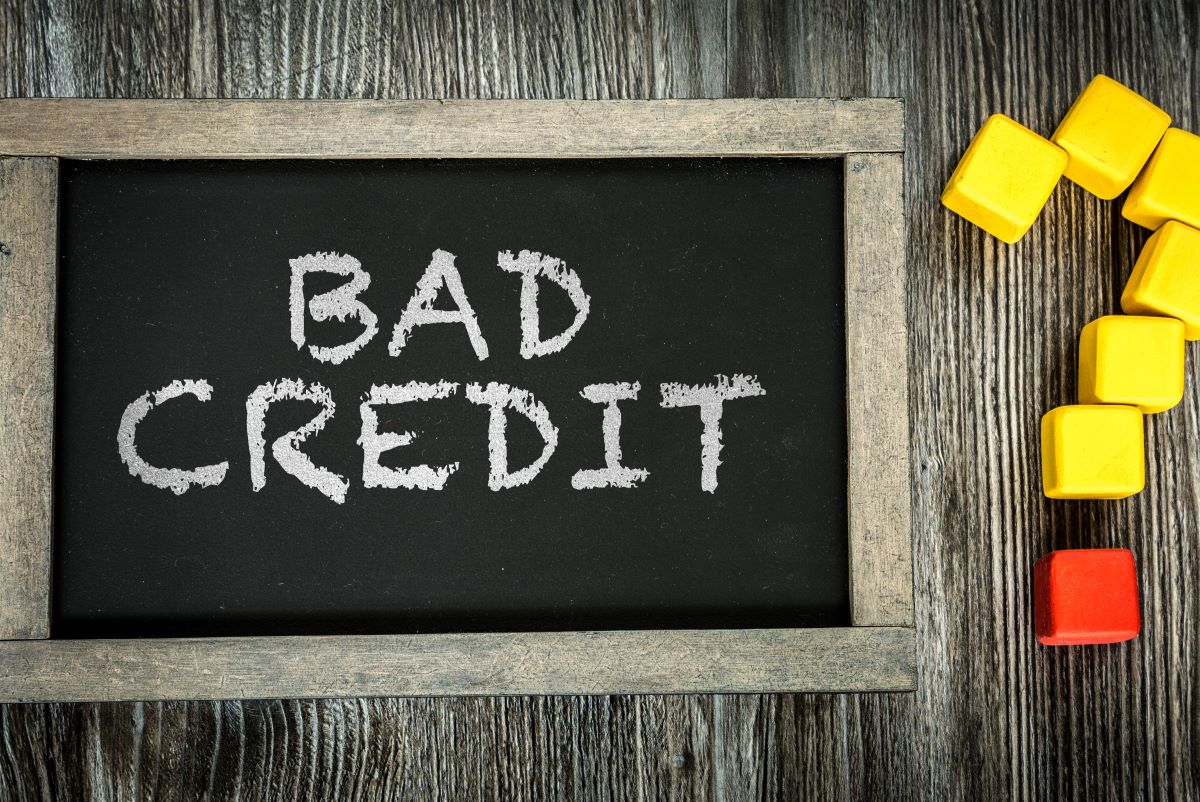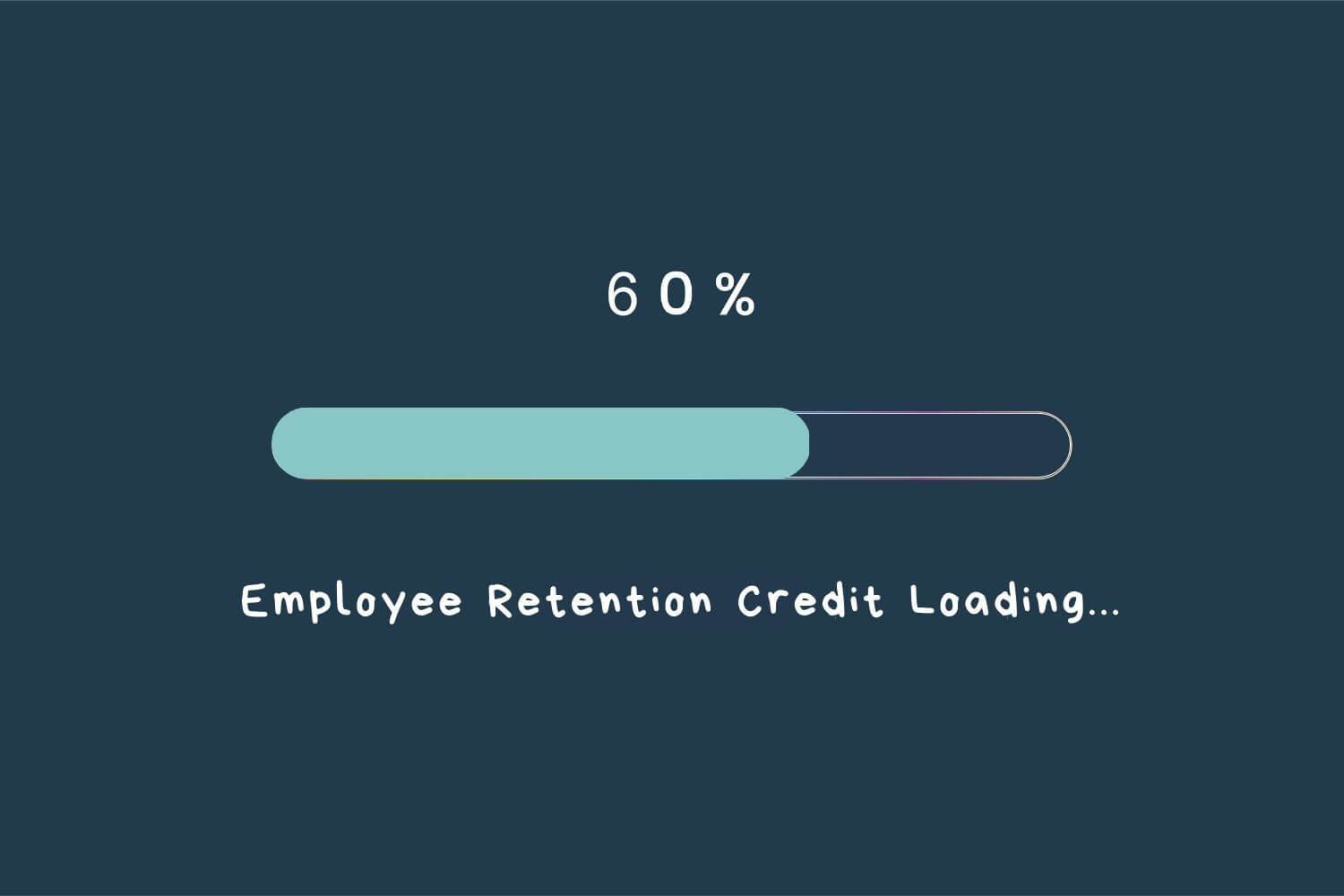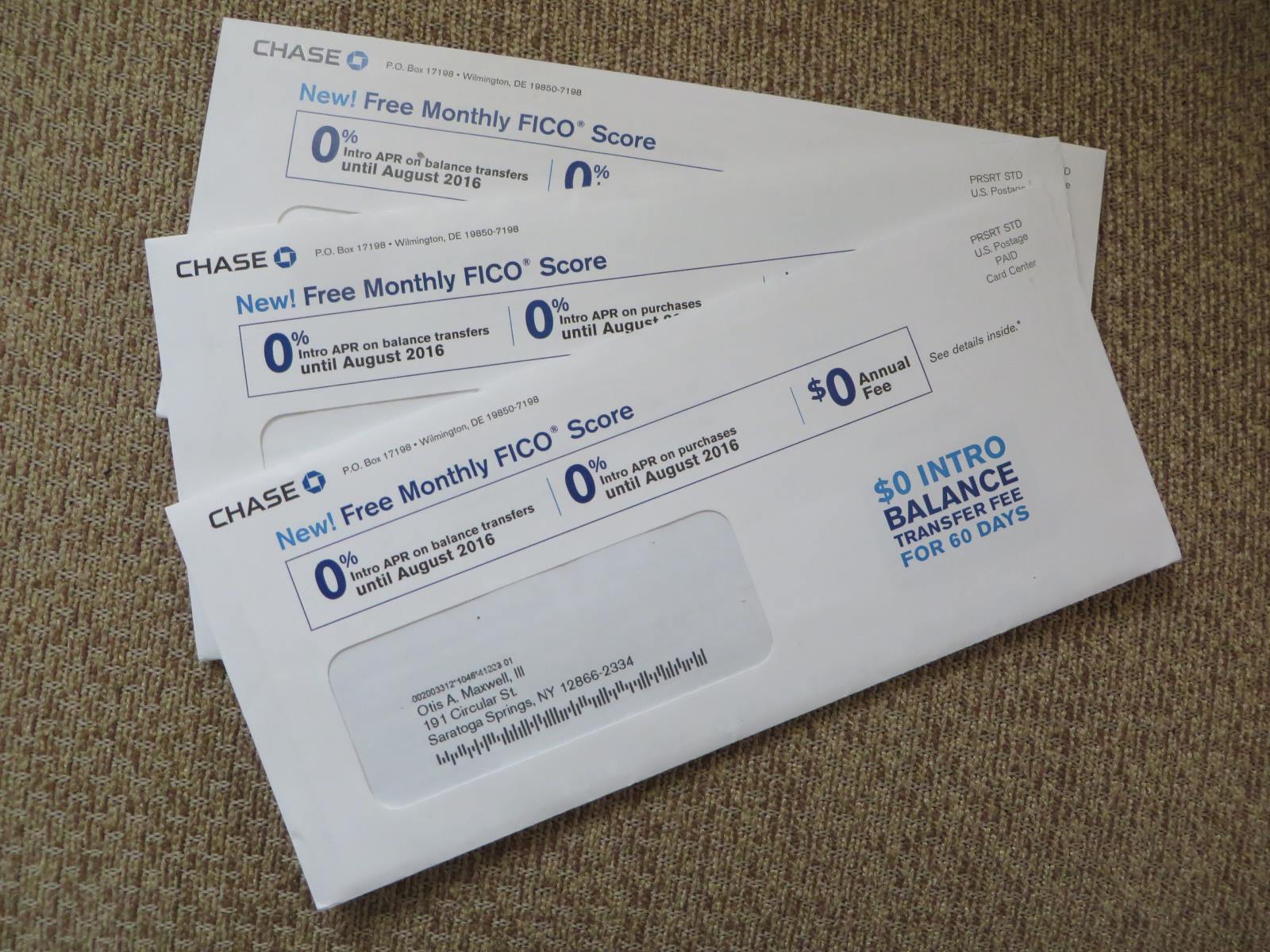

Finance
How Long Does A Credit Rescore Take
Published: January 10, 2024
Discover how long it takes for a credit rescore to improve your financial status. Gain insights on finance and get answers to your questions.
(Many of the links in this article redirect to a specific reviewed product. Your purchase of these products through affiliate links helps to generate commission for LiveWell, at no extra cost. Learn more)
Table of Contents
- Introduction
- What is a credit rescore?
- Why would you need a credit rescore?
- Factors affecting the duration of a credit rescore
- How long does a credit rescore usually take?
- Steps involved in a credit rescore process
- Tips to expedite the credit rescore process
- Potential benefits of a credit rescore
- Common misconceptions about credit rescoring
- Conclusion
Introduction
Having a good credit score is crucial when it comes to financial decisions. It helps determine your eligibility for loans, credit cards, mortgages, and even job opportunities. But what happens when you need to improve your credit score quickly? This is where a credit rescore comes into play.
A credit rescore is a process that allows you to update and improve your credit score in a relatively short amount of time. It involves reviewing your credit report and working with a credit expert or lender to make necessary changes. Understanding how long a credit rescore takes and the factors that can influence its duration is essential if you’re considering this option.
In this article, we’ll delve deeper into the world of credit rescoring, exploring its purpose, duration, and steps involved. We’ll also discuss the benefits of a credit rescore and debunk some common misconceptions. By the end, you’ll have a comprehensive understanding of this process and be better equipped to make informed decisions regarding your credit score.
What is a credit rescore?
A credit rescore, also known as a rapid rescore, is a process that allows individuals to quickly update and improve their credit score. It involves making changes to the information reported to the credit bureaus and requesting them to update the credit report accordingly. This is typically done when there is erroneous or outdated information on the credit report that is negatively impacting the credit score.
When you apply for credit, such as a loan or a mortgage, lenders assess your creditworthiness based on your credit score. If your credit score is lower than desired, it may result in higher interest rates, limited borrowing options, or even denial of credit. A credit rescore offers a way to rectify any errors or inaccuracies on your credit report to improve your credit score quickly.
To initiate a credit rescore, you usually need to work with a credit expert, such as a credit repair company or a lender. They will review your credit report, identify any issues or discrepancies, and determine the necessary steps to update the information. These updates can include correcting inaccurately reported payment histories, removing collections accounts that were paid off, or addressing any identity theft-related issues.
It’s important to note that a credit rescore only applies to items on your credit report that are within your control or can be disputed. Factors like late payments, high credit card balances, or bankruptcy will take time to improve and will not be resolved through a credit rescore alone. However, by addressing and resolving errors or discrepancies, you can see significant improvements in your credit score within a short period.
Why would you need a credit rescore?
There are several situations where a credit rescore can be beneficial:
- Applying for a mortgage: When you’re in the process of buying a home, your credit score plays a crucial role in determining your eligibility for a mortgage loan. A higher credit score can help you secure better interest rates and loan terms. If you discover errors or outdated information on your credit report that are dragging down your score, a credit rescore can be a valuable tool to quickly improve your chances of obtaining a favorable mortgage.
- Applying for a loan: Whether it’s a personal loan, auto loan, or business loan, lenders use your credit score to assess your creditworthiness and determine the interest rate you’ll receive. If your credit score is lower than you’d like, a credit rescore can help you address any negative or inaccurate information that could be impacting your score and potentially increase your chances of getting approved for the loan.
- Seeking better credit options: If you’re already using credit cards or loans but are unhappy with the terms or interest rates, a credit rescore can help you explore better options. By improving your credit score, you might become eligible for credit cards with lower interest rates, higher credit limits, or better rewards. Similarly, you could refinance existing loans at more favorable terms.
- Preparing for a major financial decision: Whether you’re planning to start a business, buy a car, or invest in real estate, having a good credit score is essential. It demonstrates your financial responsibility and can open doors to better opportunities. If your credit score is not where you want it to be, a credit rescore can give you a chance to make necessary improvements before making these important financial decisions.
Remember, a credit rescore is not a silver bullet for all credit score issues. It is primarily useful for correcting errors or outdated information that is impacting your score. If your credit score is low due to late payments, high credit card balances, or other negative factors, it’s important to address those issues separately and develop responsible credit habits to improve your score over time.
Factors affecting the duration of a credit rescore
The duration of a credit rescore can vary depending on several factors. Understanding these factors can help you manage your expectations and plan accordingly. Here are some key factors that can impact the duration of a credit rescore:
- Complexity of the credit issues: The complexity of the credit issues you need to address can play a significant role in the duration of the credit rescore process. If there are minimal errors or discrepancies on your credit report, the process can be relatively straightforward and completed within a few weeks. However, if there are multiple errors or more complex issues like identity theft or fraud, it may take longer to resolve as it requires thorough investigation and documentation.
- Availability of supporting documentation: The availability and accessibility of the necessary supporting documentation can impact the duration of the credit rescore. Gathering documentation to support your dispute or request for update, such as payment receipts, debt discharge letters, or identity theft affidavits, can take time. It’s important to be proactive in obtaining and organizing the required documents to expedite the process.
- Cooperation from creditors and credit bureaus: The cooperation and responsiveness of your creditors and credit bureaus can affect the duration of the credit rescore. After submitting your disputes or requests for updates, it may take time for creditors or lenders to investigate and provide the necessary information to the credit bureaus. Similarly, the credit bureaus may take some time to process and update the information in your credit report. Delays in communication or lack of cooperation can extend the overall duration.
- Communication with credit experts or lenders: Clear and timely communication with the credit repair company, lender, or credit expert you’re working with is crucial to keep the process moving smoothly. Promptly responding to their requests for information or documentation can help avoid unnecessary delays. Effective communication ensures that all parties are on the same page and can resolve any issues or questions efficiently.
- Processes and workload of credit bureaus: Credit bureaus handle a significant volume of credit-related information and requests on a daily basis. Their processes and workload can impact the speed at which they process and update credit reports. While credit bureaus strive to provide timely updates, factors like high demand or staffing limitations can slow down the process.
Keep in mind that while these factors can affect the duration of a credit rescore, it’s important to approach the process with patience and realistic expectations. It may take a few weeks or even months to see the desired changes reflected in your credit report and score.
How long does a credit rescore usually take?
The duration of a credit rescore can vary depending on several factors, including the complexity of the credit issues, availability of supporting documentation, cooperation from creditors and credit bureaus, communication with credit experts or lenders, and the workload of credit bureaus. Generally, the credit rescore process can take anywhere from a few weeks to a few months.
In simpler cases where there are minimal errors or discrepancies on the credit report, the credit rescore process can be completed within a few weeks. This involves reviewing the credit report, identifying any issues, gathering supporting documentation, and submitting the necessary disputes or requests for updates to the credit bureaus. The credit bureaus then have to process the information and update the credit report accordingly.
However, in more complex cases where there are multiple errors, identity theft, or fraud, the credit rescore process can take longer. It requires thorough investigation, communication with creditors and credit bureaus, and potentially additional documentation to support the disputes or requests for updates. Resolving these complex issues can lead to a longer duration, often spanning a few months.
It’s important to note that the credit rescore process is not an overnight solution. It takes time for the credit bureaus to investigate and update the information in your credit report. Patience and realistic expectations are necessary during this time.
Additionally, the responsiveness and cooperation of creditors and credit bureaus also play a role in the duration of the credit rescore. Delays in communication or lack of cooperation can prolong the process. It’s important to maintain open lines of communication with your credit expert or lender and promptly respond to any requests for information or documentation.
In summary, while the duration of a credit rescore can vary, it typically ranges from a few weeks to a few months. It’s important to stay proactive, patient, and communicate effectively throughout the process to achieve the best possible outcome for improving your credit score.
Steps involved in a credit rescore process
The credit rescore process involves several steps to update and improve your credit score. While the specific steps may vary depending on the circumstances, here is a general overview of the process:
- Review your credit report: Start by obtaining a copy of your credit report from one or more of the major credit bureaus: Equifax, Experian, or TransUnion. Carefully review the information on your credit report, looking for any errors, inaccuracies, or outdated information that may be negatively impacting your credit score.
- Gather supporting documentation: Collect any supporting documentation that can help substantiate your claims or requests for updates. This can include payment receipts, debt discharge letters, or identity theft affidavits. The more documentation you have, the stronger your case will be when disputing inaccurate information.
- Work with a credit expert or lender: Engage the services of a credit repair company, lender, or credit expert who can guide you through the credit rescore process. They will review your credit report, identify any issues, and assist you in submitting disputes or requests for updates to the credit bureaus.
- Submit disputes or requests for updates: Your credit expert or lender will help you draft and submit disputes or requests for updates to the credit bureaus. These disputes should clearly outline the errors or inaccuracies you wish to correct or provide new information that should be added to your credit report.
- Follow up and provide additional information: Stay in regular communication with your credit expert or lender and promptly respond to any requests for additional information or documentation from the credit bureaus. It’s important to provide all necessary information to support your claims or requests.
- Credit bureau investigation: The credit bureaus are responsible for investigating the disputes or requests for updates you submitted. They will review the information, communicate with the respective creditors, and make a determination to update or remove the disputed or outdated information from your credit report.
- Receive updated credit report: Once the credit bureaus have completed their investigation and made the necessary updates, you will receive an updated copy of your credit report. Review the updated report to ensure that the desired changes have been made and that your credit score has improved.
It’s important to note that the credit rescore process requires active involvement and cooperation from all parties involved. Regular communication with your credit expert or lender, prompt response to requests for information or documentation, and patience throughout the process are key to achieving the desired outcome.
Remember that a credit rescore primarily addresses errors, inaccuracies, or outdated information on your credit report. If your credit score is low due to factors like late payments or high credit card balances, you will need to address these issues separately and develop responsible credit habits to improve your score over time.
Tips to expedite the credit rescore process
The credit rescore process can take some time, but there are steps you can take to expedite the process and improve the chances of a quicker resolution. Here are some tips to help expedite the credit rescore process:
- Be proactive: Take the initiative to review your credit report regularly and identify any errors or inaccuracies as early as possible. The sooner you identify and address these issues, the quicker the credit rescore process can begin.
- Gather documentation in advance: Collect any necessary supporting documentation before starting the credit rescore process. This includes payment receipts, debt discharge letters, or identity theft affidavits. Having this information readily available will help expedite the process.
- Work with a reputable credit expert or lender: Choose a credit repair company or lender with a proven track record of successfully navigating the credit rescore process. Their expertise and experience can help streamline the process and increase the chances of a quicker resolution.
- Maintain open lines of communication: Stay in regular contact with your credit expert or lender. Respond promptly to any requests for information or documentation and provide updates as necessary. Effective and timely communication will help keep the process moving smoothly.
- Follow up regularly: Regularly follow up with your credit expert or lender to check on the progress of your credit rescore. Stay informed about any updates or developments and inquire about any additional steps you can take to expedite the process.
- Stay organized: Keep copies of all documentation, correspondence, and records related to your credit rescore process. Having everything organized will make it easier to provide the necessary information when requested and avoid unnecessary delays.
- Exercise patience: Despite your best efforts, the credit rescore process may still take some time. It’s important to remain patient and manage your expectations. Understand that resolving credit issues can be a complex process and that it may take several weeks or even months to see the desired changes in your credit report.
Remember, while these tips can help expedite the credit rescore process, it’s important to approach it with realistic expectations. The goal is to resolve errors or inaccuracies on your credit report, but the process may still require time for investigation and communication with creditors and credit bureaus.
By being proactive, organized, and maintaining clear communication, you can increase the efficiency of the credit rescore process and improve your chances of a quicker resolution.
Potential benefits of a credit rescore
A credit rescore can offer several potential benefits for individuals looking to improve their credit score. Here are some key advantages of undergoing a credit rescore:
- Improved access to credit: One of the main benefits of a credit rescore is the potential to gain improved access to credit. By resolving errors, inaccuracies, or outdated information on your credit report, your credit score can increase, making you more attractive to lenders and increasing your chances of being approved for loans, credit cards, and other forms of credit.
- Lower interest rates: A higher credit score resulting from a credit rescore can also lead to lower interest rates. Lenders typically offer more favorable interest rates to individuals with good credit. This can result in significant savings over time, especially for large loans, such as mortgages or auto loans.
- Better loan terms: In addition to lower interest rates, an improved credit score can also lead to better loan terms. Lenders may offer more favorable repayment terms, such as longer loan durations or lower monthly payments. This can make it easier for you to manage your debt and improve your overall financial well-being.
- Increased credit limits: A credit rescore can also lead to an increase in your credit limits. Higher credit limits provide you with more financial flexibility and can help improve your credit utilization ratio. A lower credit utilization ratio, the amount of available credit you’re using, is often seen as a positive factor by credit scoring models.
- Opportunities for better rewards: A higher credit score resulting from a credit rescore may also open doors to credit cards with better rewards programs. Credit card companies often offer superior rewards, such as cashback, travel rewards, or rewards points, to individuals with good credit. Taking advantage of these rewards can help you save money or enjoy additional benefits.
- Positive impact on financial decisions: A credit rescore not only improves your credit score but also impacts your overall financial well-being. With a higher credit score, you’re more likely to be approved for rental applications or obtain better insurance rates. Additionally, an improved credit score can offer peace of mind and boost your confidence when it comes to managing your finances.
It’s important to remember that a credit rescore is not a guarantee of immediate or significant improvement in your credit score. The potential benefits mentioned above are based on resolving errors or inaccuracies in your credit report. It’s also important to adopt responsible credit habits and maintain good financial practices to further enhance your creditworthiness over time.
Before undergoing a credit rescore, carefully consider your specific situation and consult with a credit expert or lender to determine if it is the right option for you.
Common misconceptions about credit rescoring
When it comes to credit rescoring, there are several misconceptions that can cloud people’s understanding of the process and its potential impact on their credit score. Let’s debunk some of these common misconceptions:
- Credit rescoring can remove legitimate negative information: One common misconception is that credit rescoring can remove accurate negative information from your credit report. However, credit rescoring primarily focuses on addressing errors, inaccuracies, or outdated information. Legitimate negative information, such as late payments or accounts in collections, will remain on your credit report for the specified duration. It’s important to address legitimate negative information separately by developing responsible credit habits over time.
- Credit rescoring guarantees a significant increase in your credit score: While credit rescoring can potentially improve your credit score, it does not guarantee a significant increase. The impact of a credit rescore on your credit score will depend on various factors, including the severity of the issues being addressed and the weight of other factors impacting your credit score. It’s important to approach credit rescoring with realistic expectations.
- Credit rescoring is a quick fix for all credit score issues: Although credit rescoring can be an effective way to address errors or inaccuracies on your credit report, it is not a one-size-fits-all solution for all credit score issues. Factors like late payments, high credit card balances, and bankruptcy require separate strategies and time to improve. Credit rescoring primarily focuses on correcting incorrect information rather than improving these separate credit factors.
- Credit rescoring can be done on your own without professional help: While it is possible to dispute errors on your credit report yourself, engaging the services of a reputable credit repair company or credit expert can improve the chances of success. They have the experience, knowledge, and resources to navigate the credit rescore process and advocate on your behalf. Choosing professional assistance can save you time, ensure proper documentation, and increase the likelihood of a successful outcome.
- Credit rescoring can be completed overnight: Some individuals mistakenly believe that credit rescoring can be completed overnight and result in an immediate credit score improvement. However, the credit rescore process takes time. It involves reviewing, disputing, and updating information with the credit bureaus, which requires their investigation and verification. Patience is necessary as the credit bureaus work diligently to provide accurate and updated credit reports.
Understanding these common misconceptions about credit rescoring is important to have a realistic perspective on what the process can and cannot achieve. It’s always advisable to consult with a credit expert or lender to assess your specific situation and determine the most appropriate course of action for improving your credit score.
Conclusion
Improving your credit score is a vital step towards achieving your financial goals. While it may take time and effort, a credit rescore can be an effective tool for quickly addressing errors, inaccuracies, or outdated information on your credit report. Understanding the process and managing your expectations is key to a successful credit rescore experience.
In this article, we explored the concept of a credit rescore and discussed its purpose, duration, and steps involved. We also highlighted the potential benefits of a credit rescore, including improved access to credit, lower interest rates, better loan terms, increased credit limits, and opportunities for better rewards.
Additionally, we debunked common misconceptions surrounding credit rescoring, such as the belief that it can remove legitimate negative information or guarantee a significant increase in your credit score. It is important to approach credit rescoring with a realistic understanding of its limitations and the specific issues it can address.
Remember, a credit rescore is not a standalone solution for all credit score issues. It is just one tool in the larger toolkit of credit management. It is essential to develop responsible credit habits, make timely payments, keep credit card balances low, and maintain a good credit utilization ratio to achieve a long-term improvement in your credit score.
If you’re considering a credit rescore, consulting with a credit expert or lender can help you navigate the process and determine the best course of action for your specific needs. They can provide guidance, support, and expertise to ensure a smoother and more successful credit rescore experience.
By taking control of your credit and actively managing it, you can pave the way for a brighter financial future. Start by reviewing your credit report, identifying any discrepancies, and exploring the option of a credit rescore to set yourself on the path to a stronger credit score and greater financial opportunities.














